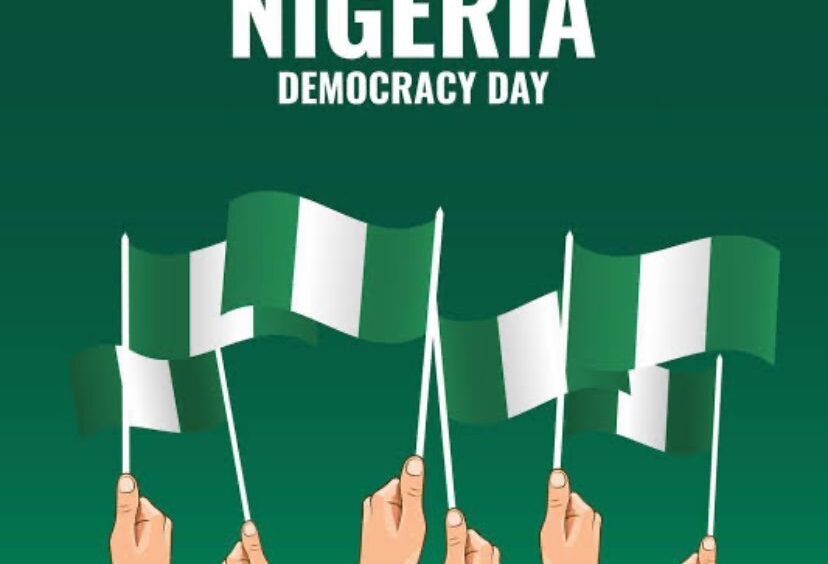Celebrating Democracy: The Significance of Democracy Day in Nigeria’s History.

June 12th holds a special place in the hearts of Nigerians as it marks Democracy Day, a day of reflection, celebration, and remembrance. The significance of Democracy Day in Nigeria’s history cannot be overstated, as it represents a pivotal moment in the nation’s journey towards democratic governance.
The origins of Democracy Day traced back to June 12, 1993, when Nigeria held its freest and fairest presidential elections. The election hailed both locally and internationally as a landmark in Nigeria’s democratic evolution, saw Chief Moshood Kashimawo Olawale Abiola, popularly known as MKO Abiola, emerge as the presumed winner. However, the results were annulled by the military regime of General Ibrahim Babangida, plunging the nation into a political crisis.
The annulment sparked widespread protests and civil unrest across the country, with many Nigerians demanding the recognition of MKO Abiola’s victory. Despite the annulment, MKO Abiola remained a symbol of hope for democracy and good governance in Nigeria.
Following years of struggle and sacrifice by pro-democracy activists, journalists, and ordinary citizens, Nigeria finally transitioned from military rule to civilian democracy in 1999. However, the legacy of June 12 and the injustice suffered by MKO Abiola remained unresolved.
It wasn’t until June 6, 2018, that Democracy Day was officially recognized on June 12th by President Muhammadu Buhari, and MKO Abiola was posthumously honored with the highest national honor, the Grand Commander of the Federal Republic (GCFR). This historic gesture was a long-overdue acknowledgment of MKO Abiola’s sacrifice and the importance of June 12th in Nigeria’s democratic struggle.
Since then, Democracy Day has served as a reminder of the resilience of the Nigerian people in their quest for democracy and social justice. It is a day to honor the memory of MKO Abiola and the countless others who fought and died for the cause of democracy.
Moreover, Democracy Day provides an opportunity for Nigerians to reflect on the progress made in deepening democratic institutions and processes in the country. While Nigeria has made significant strides in consolidating its democratic system, challenges such as electoral violence, corruption, and political instability persist.
Therefore, Democracy Day serves as a call to action for all Nigerians to uphold the principles of democracy, respect for human rights, and the rule of law. It is a day to renew our commitment to building a more inclusive, transparent, and accountable society.
The significance of Democracy Day in Nigeria’s history cannot be overstated. It is a day to commemorate the struggle for democracy, honor the memory of MKO Abiola, and reaffirm our commitment to building a better Nigeria for future generations. As we celebrate Democracy Day, let us remember that the journey toward true democracy is ongoing and requires the collective efforts of all citizens.
By Edima Columbus

 English
English 

































































































































































































































































































































































































































































































































































































































































































































































































































































































































































































































































































































































































































































































